New Overtime Rules and Nonprofit Organizations
Yesterday, the Department of Labor and the President announced the publication of a new overtime rules with the stated goal of updating outdated regulations in an effort to ensure that employees, particularly those in the middle class, are sufficiently compensated for hours worked. See the President’s fact sheet or information page from the Department of Labor (https://www.dol.gov/featured/overtime). These new rules changed the minimum salary for employees to be considered exempt from overtime rules at organizations covered by the Fair Labor Standards Act (“FLSA”). How will this affect nonprofit organizations? The US Department of Labor’s May 18, 2016 publication, entitled “Guidance for Non-Profit Organization on Paying Overtime under the Fair Labor Standards Act” gives a fairly easy to read summary of the changes, how it may affect nonprofit organizations, and options to comply for those organizations affected. The following is a quick summary based on my reading of the publication but be sure to read the attached document to ensure compliance with these rules for your own nonprofit organization.
Beginning December 1, 2016, the minimum salary for exempt employees will be tied to the 40th percentile of earnings of full-time salaried workers in the lowest-wage Census region or $913 per week. In addition, salary and compensation levels will be adjusted every three years to maintain this minimum level. Currently, the minimum weekly pay for exempt workers is $455. There are several options for complying with the new rules. Different options and examples, specifically targeted to nonprofits, are given in the DOL’s publication. Importantly though, currently exempt employees making less than the new minimum salary do not have to be switched to hourly pay.
Nonprofits are not specifically exempt from these new rules. Coverage under FLSA can be at the individual worker level or organizational level. Generally, for an organization to be covered under FLSA, the organization must have annual revenue of at least $500,000 from ordinary commercial activities. Donations, contributions, membership fees, and other typical nonprofit specific income would not normally be considered commercial activity. Individual employee coverage largely depends on the workers involvement in interstate commerce.
Refer to the Department of Labor website and the following publications from the Department of Labor for more information:
Overtime Final Rule and the Non-Profit Sector
Guidance for Non-Profit Organizations on Paying Overtime under the Fair Labor Standards Act


